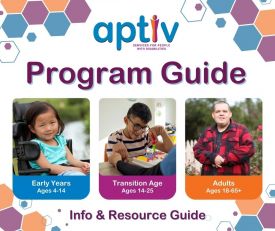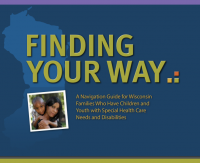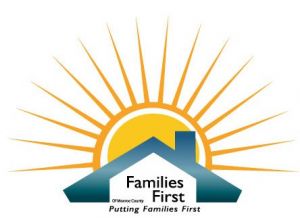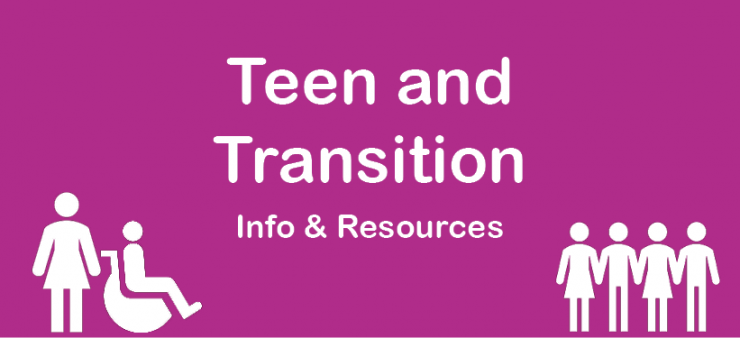
For parents and guardians of teen and transition aged youth and adults with disabilities find community services and resources to fit their unique needs.
First Steps

Aging and Disability Resource Centers (ADRCs) are in most counties and are the first place to go to get accurate, unbiased information on all aspects of life related to aging or living with a disability. Go here to learn about resources.
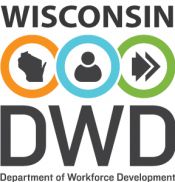
The Department of Workforce Development helps identify support services to gain employment.

Children's Long-Term Support Waiver (CLTS)
CLTS helps children with disabilities and their families through supports and services that help children grow and live their best lives. It is a home and community-based service waiver. It uses a Medicaid waiver to fund services for kids with disabilities. A waiver lets states use Medicaid to fund additional non-medical services and supports not normally offered. The CLTS Program aims to keep kids at home instead of at an institution.
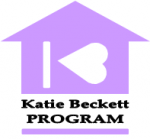
The Katie Beckett Program is a special eligibility process that allows certain children with long-term disabilities, mental illness, or complex medical needs, living at home with their families. Children who are not eligible for other Medicaid programs because the income or assets of their parents are too high may be eligible for Medicaid through the Katie Beckett Program. A child may be eligible for this source of Medicaid even if they are currently covered under a private health insurance policy.
Resources
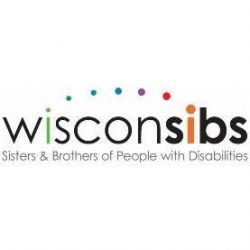
Serving Wisconsin brothers and sisters with siblings with disabilities. Wisconsibs offers Sibshops and camps for boys and girls, future-planning training and social events for adults and families.
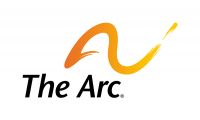
Wisconsin chapters of the Arc are located statewide and can offer information on local programs and supports for people with intellectual and developmental disabilities (I/DD) across the lifespan.
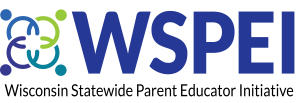
WSPEI (Wisconsin Statewide Parent - Educator Initiative) is all about partnerships. WSPEI assists families and educators to find the resources that will help them build positive working relationships leading to shared decision making and positive outcomes for children’s learning. WSPEI services are free and confidential.
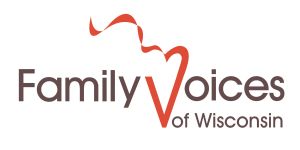
Helps families who have children and youth with disabilities and/or special health care needs navigate health care and community supports.

The Waisman Center University Center for Excellence in Developmental Disabilities supports the full inclusion and self-determination of people with developmental disabilities and their families through a variety of programs including personnel development, direct services and clinics, technical assistance and information dissemination.

Regional Centers for Children and Youth with Special Health Care Needs (CYSHCN)
Regional centers provide free support to the families with children and youth with special health care needs and the providers who serve them. The Centers help get answers, find services, and connect to community resources.

A webpage supported by the La Crosse County Community on Transition (CCOT) to include resources for transition aged people.

Transition Planning Resources for Students with Disabilities
"Simply put, transition planning is helping students with disabilities and their families think about their life after high school. The process helps students identify long-range goals, designing the high school experience to ensure that students gain the skills and connections they need to achieve these goals after high school."

